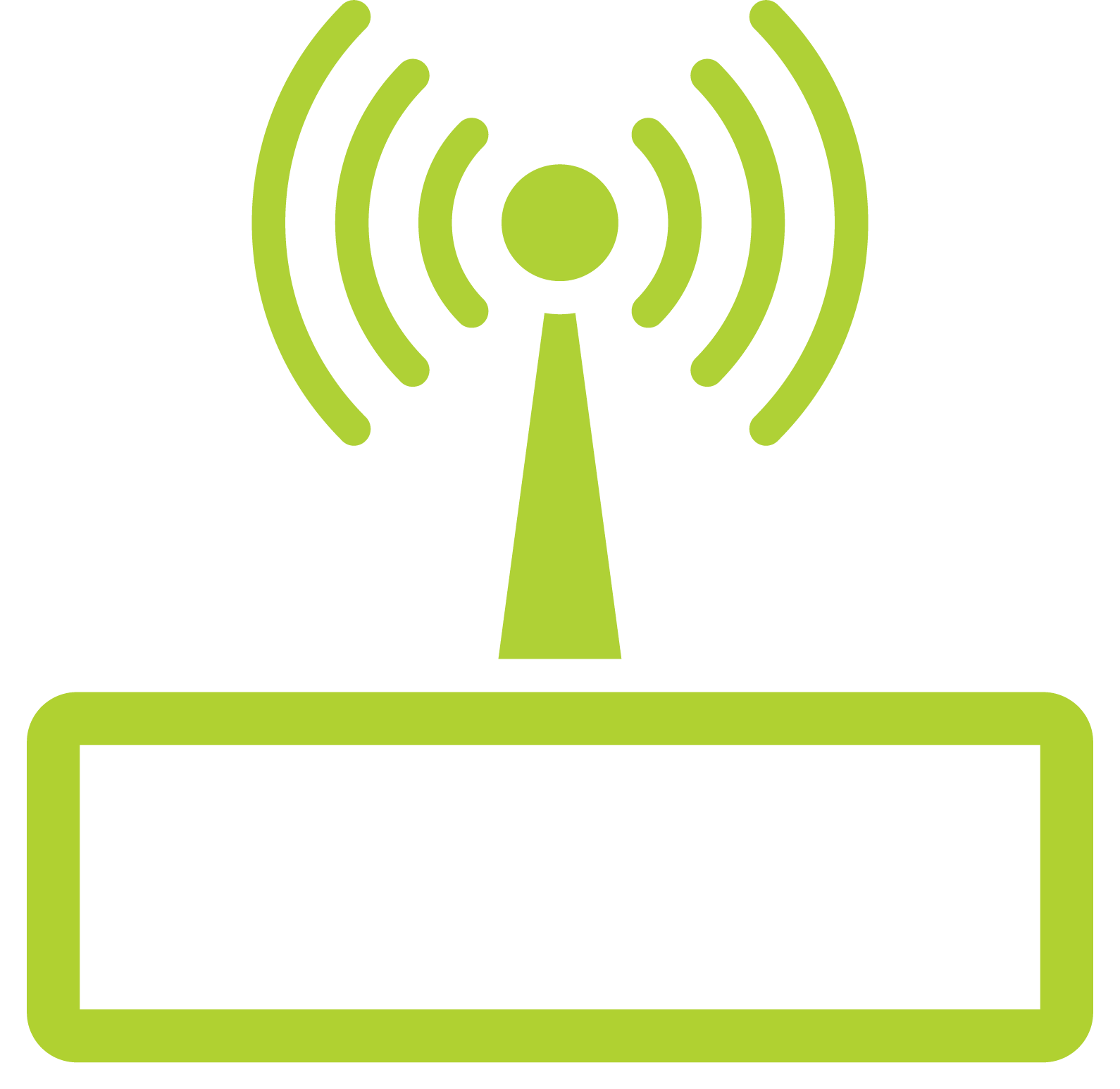Protecting Multi-Dwelling Unit Internet Data Flow Through Strong Encryption Standards to Safeguard End-User Confidentiality as well as Data Integrity
Protecting Multi-Dwelling Unit Internet Data Flow Through Strong Encryption Standards to Safeguard End-User Confidentiality as well as Data Integrity
Blog Article
Within today’s digital world, securing internet data is more important than ever before, especially in Multi-Dwelling Units (MDUs) like apartment complexes and condominiums settings. Such environments often have numerous residents utilizing the same web connection, which can lead to potential security risks. To guarantee that users' confidentiality and data security are maintained, it is vital to implement strong encryption standards. Data encryption is a technique that encodes information, making it inaccessible to anyone who do not have the appropriate key to decrypt it. This process aids keep individual information secure from hackers and unapproved users.
One of the widely commonly used encryption protocols is Secure Sockets Layer (SSL) and its successor, Transport Security (TLS). Such protocols establish a secure connection between a resident's system and the internet, ensuring that any data transferred remains confidential. When residents in an MDU access websites that utilize SSL/TLS, their private information, such as login credentials and payment card numbers, is encrypted. This implies that even when someone tries to intercept the data, they would only see a mess of characters and numbers, making it nearly unfeasible to comprehend. By promoting the use of these protocols, MDUs can greatly improve the safety of their residents' internet activities.
A further important encryption technique is VPN Private Tunnel (VPN) technology. A VPN creates a secure pathway for internet traffic, which protects users from invasive eyes, especially when accessing shared Wi-Fi connections. In an data loss prevention for mdu MDU, where numerous residents may connect to the identical service, employing a VPN can help ensure that individual web activities remain private. This is especially important for tasks including online banking or retrieving sensitive data. By promoting the use of VPNs among residents, MDUs can cultivate a more secure internet space and assist protect against data breaches.
Alongside such coding techniques, it is vital for MDUs to educate their residents about the significance of online security. Many people may not be aware of the threats linked with using shared internet connections. Offering resources on how to recognize phishing attempts, the importance of robust credentials, and the benefits of using secure sites can empower residents to assume charge of their internet safety. Workshops or informational meetings can be effective ways to raise knowledge and promote best practices for online security.
Finally, MDUs should think about collaborating with internet service companies (ISPs) that emphasize security and provide advanced coding options. By collaborating with ISPs that implement robust encryption protocols, MDUs can guarantee that their tenants have access to protected web connections. This collaboration can lead to enhanced overall safety for the whole building, as well as enhanced confidence among residents. By implementing these measures, MDUs can create a more secure internet environment, safeguarding resident privacy and information security in an increasingly interconnected world.